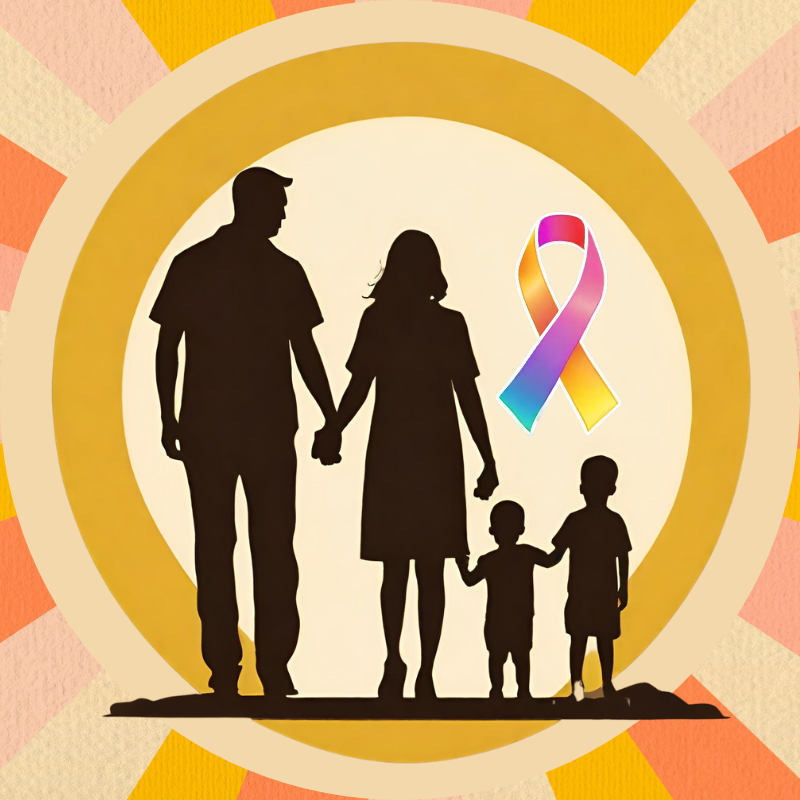
Breast Ultrasound as an Alternative for High-Risk Women
While not a complete replacement for mammograms or MRIs, ultrasound offers a promising alternative for high-risk women facing barriers to traditional screening methods. This accessible and non-invasive imaging technique provides valuable insights into breast health, using ultrasound waves and Doppler technology with no radiation and no contrast-enhancing agents.

Navigating Breast MRI Screening: For Women at Increased Risk
Mammograms are the only breast screening tool proven with multiple studies to reduce breast cancer mortality, but it is not the only tool in the belt. Breast MRIs are also a crucial tool to have for women with an increased risk for breast cancer. Learn more about breast MRIs and when they should be a part of your breast screening arsenal.

A High-Risk Woman's Guide to Mammograms
Knowledge is power when it comes to staying ahead in the fight against breast cancer. And one of the most powerful tools at our disposal is the humble mammogram. So, let's dive in and explore why this screening method is so crucial, especially for those of us who fall into the high-risk category.

Understanding Breast Self-Awareness & Clinical Breast Exams
In recent years, there has been a notable shift in terminology from "breast self-exams" to "breast self-awareness" in medical guidelines. This change reflects more recent studies that suggest that regular and structured breast self-exams have not shown a decrease in breast cancer mortality and that it does increase the risk of identifying non-cancer lumps in average-risk women. Breast self-awareness encompasses a recommendation of understanding your body's normal changes and promptly recognizing any deviations that may signal a concern.

High-Risk Breast Screening: Your Master Handbook!
A typical breast MRI exam lasts around 30-45 minutes, but there are new rapid MRI options that finish in as little as 15 minutes. However, it's important to note that rapid MRIs are not yet widely available. Nonetheless, whether a standard or rapid MRI, the goal remains to provide high-quality imaging that helps healthcare providers assess your breast health with precision and accuracy.

Stay Ahead of the Game: Know Your Breast Cancer Risk!
Women with a lifetime risk exceeding 20% may benefit from annual breast MRI screens in addition to mammograms. Some guidelines even propose initiating this screening as early as 30 for those at elevated risk. At this risk level, women can also request two clinical breast exams, and all women should get to know how their breast typically feels so that they can report any changes if they occur.

Top 5 Breast Cancer Risks (HRT missed the list!)
In today’s media landscape, sensational claims such as“Hormone Replacement Therapy Causes Breast Cancer” often lack the context needed to truly understand the implications of this risk. The exaggeration of hormone replacement therapy’s impact has led many to believe it is the primary risk factor for breast cancer, but the reality is quite different. Contrary to popular belief, it does not even reach the top 5 risk factors!
